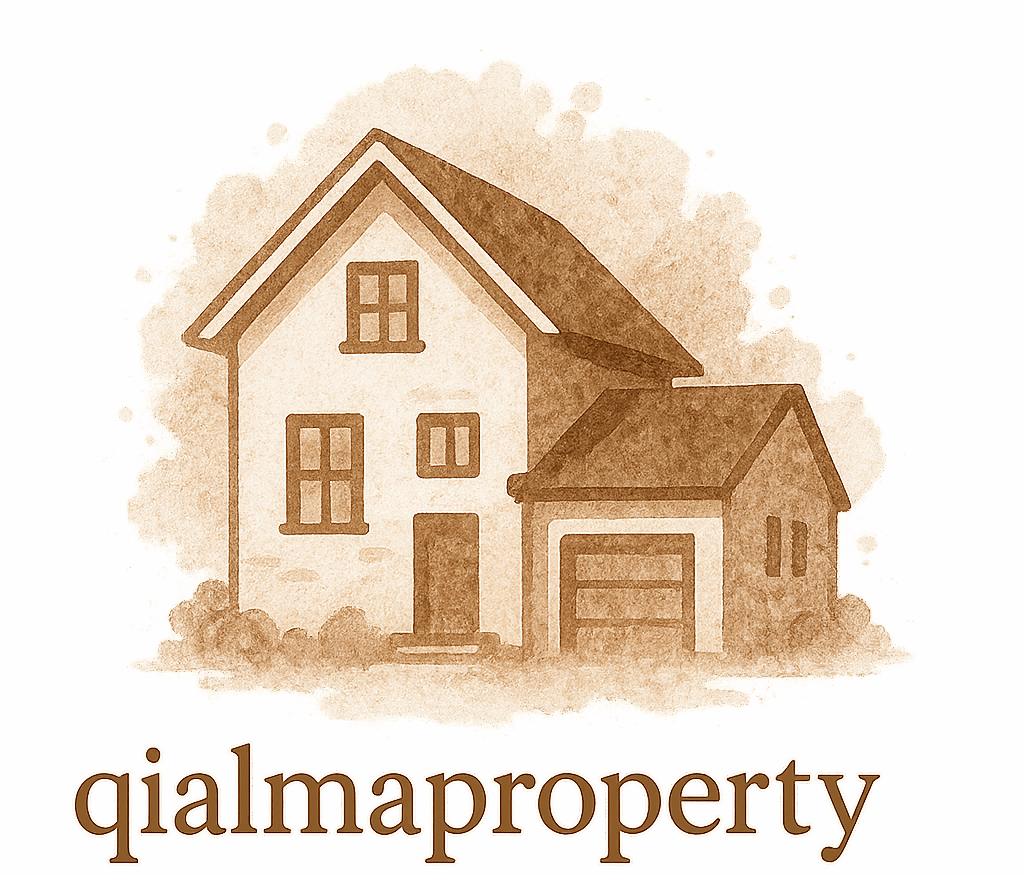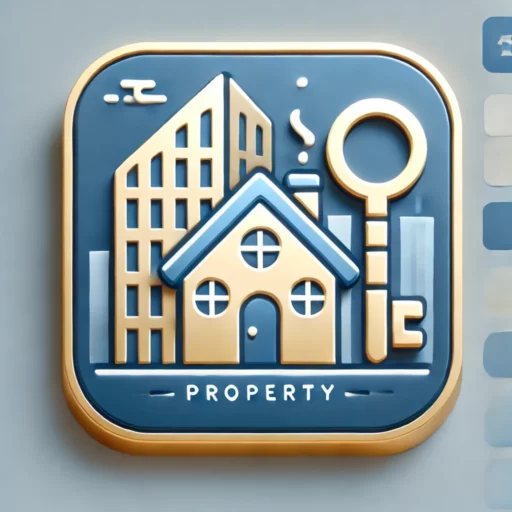Setting the right rent price can feel like walking a tightrope—you want it high enough to cover costs and generate profit, but not so high that it scares off potential tenants. Whether you’re a seasoned landlord or a first-time buyer, this guide is for you.
Let’s break down the 10 best tips to ensure your rental property is priced just right.
Why Setting the Right Rent Price Matters
Impact on Vacancy Rates
Price your property too high, and you might face extended vacancies. Empty units don’t just stall income—they actively lose you money.
Influence on Long-Term Profitability
Get the pricing right, and you’ll attract the right tenants, reduce turnover, and keep your property cash-flow positive over the long term. That’s what every property investor dreams of, right?
Tip #1: Understand the Local Market
Analyze Comparable Rentals in Your Area
Think of this like checking out your competition. What are other similar properties renting for in your neighborhood? Look for comps with similar square footage, bedroom/bath count, and amenities.
Use Online Tools and Local Listings
Sites like Qialma Property offer excellent insights. Check out their property trends section for up-to-date info tailored to your area.
Tip #2: Consider Property Features and Amenities
Highlight Unique Selling Points
Do you have a pool? Stainless steel appliances? A killer view? These extras can give you the edge and justify a slightly higher rent.
Evaluate Upgrades and Renovations
Recent renovations can allow you to ask more. If you’ve upgraded the kitchen or bathroom, make sure your pricing reflects that value.
Tip #3: Factor in Location Advantages
Neighborhood Desirability
Is your property located in a school district with great ratings? Is it a short walk from trendy cafés or lush parks? That all adds value.
Proximity to Public Transit and Amenities
Many renters prioritize accessibility. If your unit is near bus stops, train stations, or shopping centers, factor that into your price.

Tip #4: Calculate All Expenses
Don’t Forget Maintenance and Taxes
You’re not just charging rent for fun—you’ve got expenses to cover. Include mortgage payments, taxes, insurance, and ongoing maintenance in your pricing formula.
Consider Hidden Costs
Ever dealt with plumbing emergencies or pest control? Budget for the unexpected. Better to overestimate than end up in the red.
Tip #5: Understand Tenant Demographics
Target Renters’ Budget Ranges
Who are your ideal tenants—college students, families, professionals? Set your price within a range they’re comfortable with.
Match Pricing to Lifestyle Expectations
Young professionals might be willing to pay more for modern design and high-speed internet. Families might value outdoor space over granite countertops.
Tip #6: Adjust Based on Demand and Seasonality
Use High-Demand Seasons to Your Advantage
Summer and early fall tend to be peak rental seasons. You can typically ask more during these windows.
Offer Promotions During Off-Peak Periods
In winter months, consider offering a free month of rent or discounted utilities. It’s better than letting the unit sit empty.
Tip #7: Stay Updated with Market Trends
Follow Industry News and Reports
Stay in the loop with real estate developments, especially those that impact rental pricing in your area. Bookmark reliable resources.
Use Resources Like Qialma Property Trends
They track real estate trends, rental laws, and projections for real estate 2025. Handy, right?
Tip #8: Review Your Rental Price Regularly
Schedule Annual Rent Evaluations
Markets shift. Tenants change. Rents should, too. Reassess your rate annually to stay competitive.
Compare Performance with Market Average
Are you priced significantly above or below similar listings? Adjust as needed to avoid overpricing—or undervaluing—your space.
Tip #9: Consider Professional Appraisal
Hire a Local Property Expert
When in doubt, call in a pro. They can assess your unit’s value and provide a fair market rent range.
Use Insights for Strategic Pricing
Pair the appraisal with insights from Qialma’s investor tips section to make smarter rent decisions.
Tip #10: Align with Legal Guidelines
Avoid Rent Caps and Legal Violations
Some areas have rent control laws. Don’t get caught out—research local regulations before setting or raising rents.
Know Rental Laws with Qialma Landlord Legal
You’ll also find tips on leases, evictions, and everything in between. Better safe than sued.
Conclusion
At the end of the day, setting the right rent price is both an art and a science. It’s about balancing market knowledge with your personal goals. Whether you’re buying your first rental, or adding to your investment portfolio, using these tips can help you make more informed, profitable decisions.
Don’t just guess—use smart strategies and resources like Qialma Property to stay ahead of the game. And remember, a well-priced property attracts the right tenants, keeps cash flow steady, and supports long-term property growth.
FAQs
1. How do I know if my rent price is too high?
If your property stays vacant longer than similar units or you’re getting few inquiries, it’s likely priced too high.
2. Should I include utilities in the rent?
It depends on your market and target renters. Including them can simplify things and appeal to certain demographics.
3. How often can I increase the rent?
Usually once per lease term, often annually. Always check local rental laws.
4. Can I lower the rent after setting it?
Absolutely! If the market changes or you’re having trouble finding tenants, adjusting down is better than sitting empty.
5. Is it better to rent below market rate for long-term tenants?
In many cases, yes. Keeping good tenants often saves more money than chasing a few extra dollars monthly.
6. Where can I find help pricing my rental property?
Start with Qialma Property, and consider talking to a local real estate expert or using a rental appraisal tool.
7. What are the risks of overpricing my rental?
High prices lead to vacancies, which drain your finances and can even hurt your ROI in the long run.


